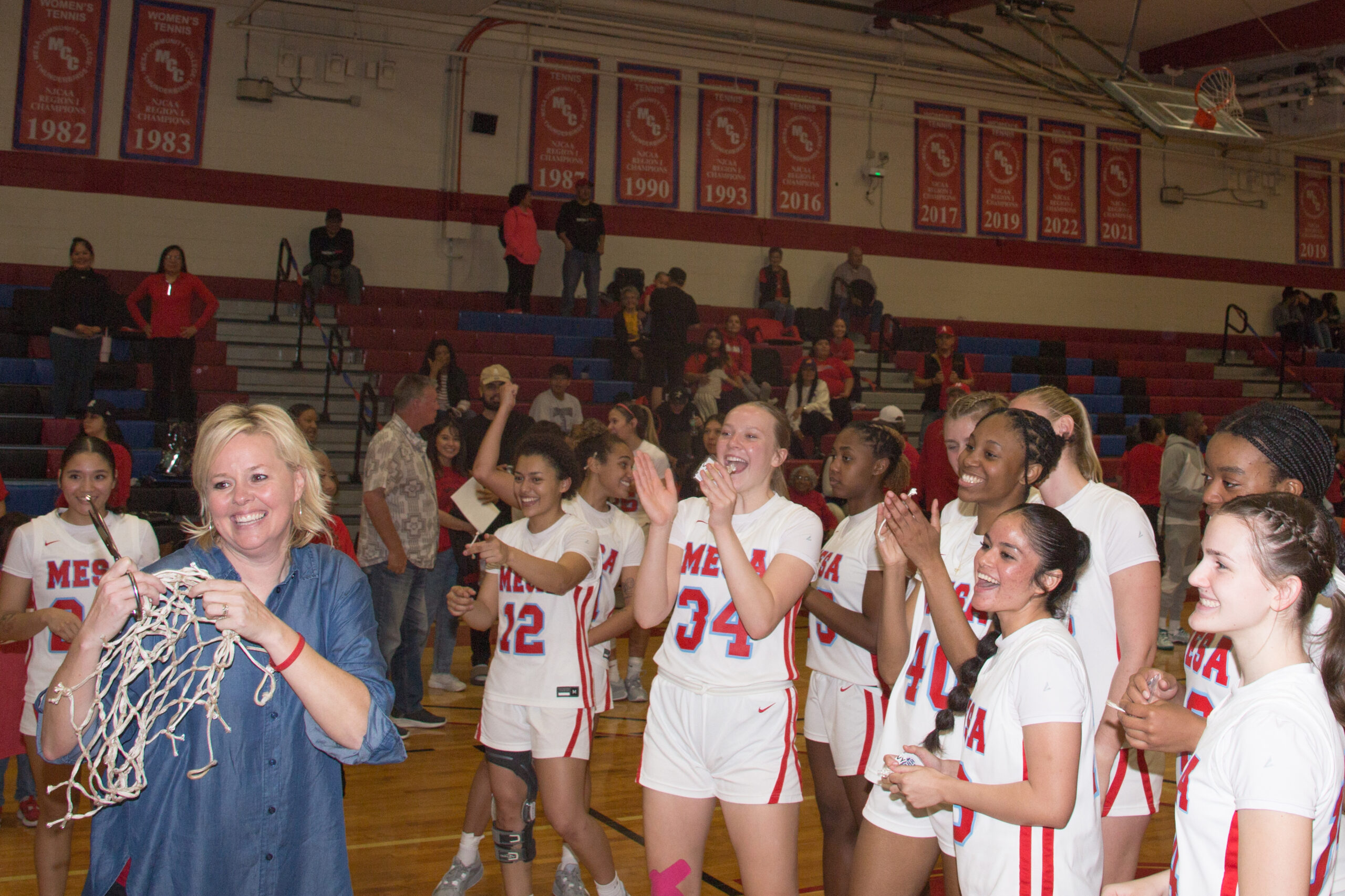‘Beloved’ still most effective book on America’s dark past
Karlyle Stephens
Mesa Legend
Toni Morrison’s ‘Beloved’ turned out to be some of the hardest material I’ve ever had to read. There is something eerie and spiritual that takes place just holding it and opening it once it’s understood what’s going on. It’s so painful. I can see the sad faces and feel the hearts of 60 million of my African ancestors, (who Toni Morrison dedicates the book to) weighing on me throught out the books many episodes. I read afterwards that Oprah Winfrey said she was depressed for 5 years after she read it. Dramatic? I don’t think so.
But I suppose these are all the reasons this book is so great and why people consider Morrison to be one of the greatest writers in the 20th century. She awakens me to just how powerful literature really is. There isn’t a film yet that deals with slavery, at least not in my lifetime, that has given me the effect of what it really had to have been like back then in the way Beloved has. Only thing for me to do next is to visit one of the many plantations that are still around. After reading it, parts of me was became capable understanding why people say things like “ let’s get over the past; Let’s not talk about slavery ever again.” It hurts too bad. I also see why it has a place in the family of banned books.
First off, Beloved, published about 2 years before my birth, is I think a prime example of how looking away from past realities of this nature, only allows the thing to continue. It’s now not near as bad as that time in history was of course, but “slavery has never been abolished from America’s way of thinking,” to quote the late great Nina Simone. It is real disheartening that I am still able to relate so many moments in this vivid novel with the times of now. The opening scene in the chapter that begins “when the four horsemen came” provides one great example of this. Schoolteacher somewhat condemns nephew not for beating Sethe, but for over beating her.
Nephew is punished by being left behind from the hunt.
Then this sentence follows, “see how he liked it; see what happened when you overbeat creatures God had given you the responsibility of-the trouble it was, and the loss.” Now I chuckled a little when I first read this. And not because of the illusive “white supremacy” it entails, but because I thought Morrison was mocking the terms of this so called “punishment.” But I realized I may have interpreted it wrong after re-reading it. Nonetheless, staying behind from a “hunt” to feed himself, the animals, and attend to crops is a pretty damn lenient punishment for over policing, and reminded me of today when officers are given paid leave for their over abuse or even murdering of people historically deemed inferior.
That scene provides context to the notion that black lives don’t and never have mattered. Schoolteacher comparing this black woman to a horse is very significant also. It gave me some context to the ways in which black women are still today degraded and sexualized. There’s rape, and of course the ugly nursing incident. But relating her to a horse made me think of all the times I’ve heard men in this culture use parts of animals to refer to the black woman’s body. “She gotta horse booty” is one in particular. There’s multiple meanings to “Beloved” throughout the novel. But It’s the maternal aspect to the word that appeals to me the most however.
“Come here beloved,” a sweet mother would say as she sweeps her child from the floor who is crying from a minor ant attack to his or her feet. I may be a man but that motherly spirit and word beloved is what takes over my heart as I look at Paul D’s rough life and in the eyes more obscure characters in this novel. Like the “crazy old nigger” holding the axe making cat noises or the woman with the flowers hat. I vividly picture very illiterate, mentally ill and terrified people who need only to be loved. But the unfortunate situation of being subjects to a Nation of some over powering-evil savages prohibits such love.
And a good mother does anything to protect her babies, even if it means sending them back to the before/afterlife. Which brings me to my biggest appreciation for this novel. I mentioned earlier that this book is so real that even I for a moment wished to resist it and the subject of slavery altogether. But there is no running from it. Which I think the character of Sethe represents. We might like to think we can, but there is no escaping the ghosts in this house that is America.
Time won’t allow it. Real time that is. Beloved herself isn’t even too sure what she is. But I’d say she is that. A better term to use for what she represents is consciousness. Which explains the moment Sethe is shock at Beloved’s recital of a song she isn’t supposed to know. She knows all things. Now is all that is happening. She’ll arrive at any time to make deposits in the memory banks of the forgetful, who are quite conscious beings themselves, but very selective.
If Humans are supposedly always at war with their lower and higher selves, than that has to a time when people were at the lowest of low. The fact that some of their pale butts were out there casually engaging in sex with cows is still a tough one for me to get my head around; let alone what they puts my people through. Nonetheless, while it’s a difficult read at times, Beloved is an amazing novel that I plan on reading again. You should if you haven’t already.









